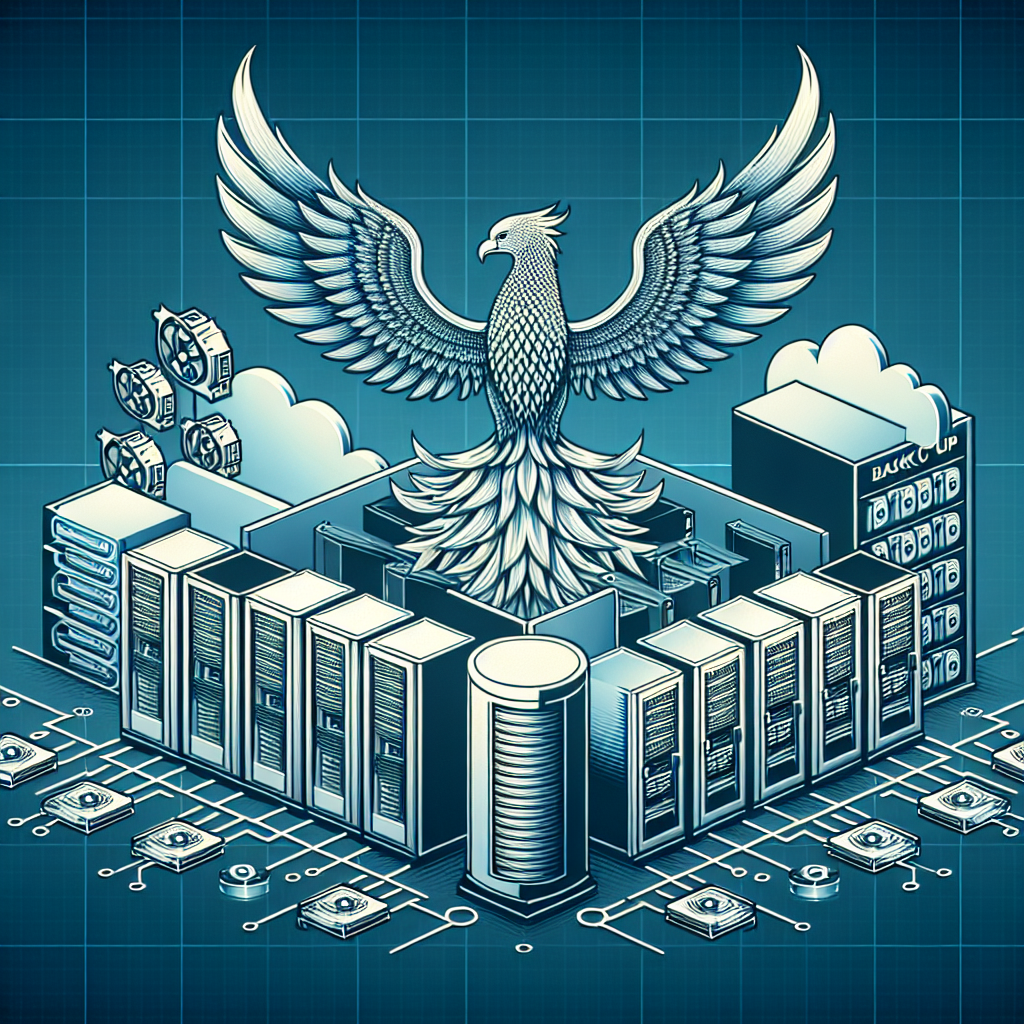Your cart is currently empty!
Ensuring Data Center Resilience with Effective Backup and Recovery Solutions

In today’s digital age, data centers play a crucial role in storing and managing vast amounts of information for businesses and organizations. With the increasing reliance on technology, it has become imperative for data centers to ensure resilience in the face of potential threats and disruptions. One of the key components of data center resilience is having effective backup and recovery solutions in place.
Data center resilience refers to the ability of a data center to maintain its operations and availability in the event of unexpected incidents such as natural disasters, cyber-attacks, equipment failures, or human errors. Without proper backup and recovery solutions, data centers are vulnerable to data loss, downtime, and potential financial losses.
Effective backup and recovery solutions are essential for ensuring data center resilience. These solutions involve creating copies of data and storing them in secure locations, so that in the event of a disaster or data loss, the data can be quickly recovered and restored. Here are some key considerations for implementing effective backup and recovery solutions in a data center:
1. Regular backups: Data centers should regularly back up their data to ensure that the most up-to-date information is available for recovery. This can be done through automated backup processes that run at scheduled intervals, ensuring that data is backed up consistently.
2. Offsite backup storage: Storing backups in a separate, offsite location is crucial for data center resilience. In the event of a disaster that affects the primary data center, the offsite backups can be used to restore data and operations quickly.
3. Data encryption: Encrypting backup data adds an extra layer of security, protecting sensitive information from unauthorized access and ensuring compliance with data protection regulations.
4. Testing backup and recovery processes: Regularly testing backup and recovery processes is essential to ensure that data can be successfully recovered in the event of a disaster. This helps identify any potential issues or gaps in the backup and recovery solutions, allowing data center operators to make necessary adjustments.
5. Data deduplication and compression: Data deduplication and compression technologies can help reduce storage requirements for backups, making them more efficient and cost-effective.
By implementing effective backup and recovery solutions, data centers can enhance their resilience and ensure that critical business data is protected and accessible at all times. In today’s fast-paced and data-driven business environment, having a robust backup and recovery strategy is essential for maintaining the continuity of operations and safeguarding against potential threats. Investing in reliable backup and recovery solutions is a proactive measure that can save businesses from significant losses in the long run.

Leave a Reply